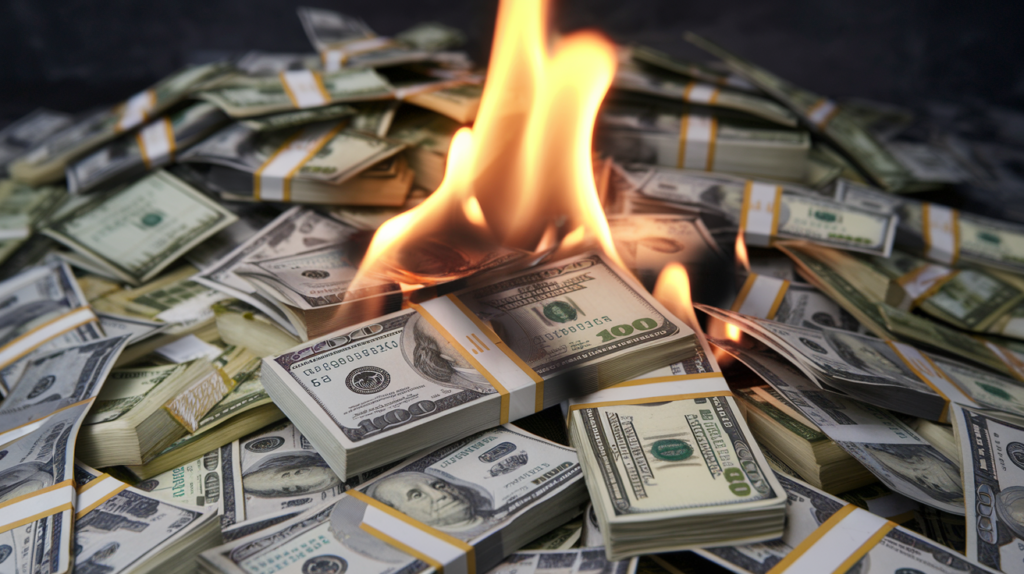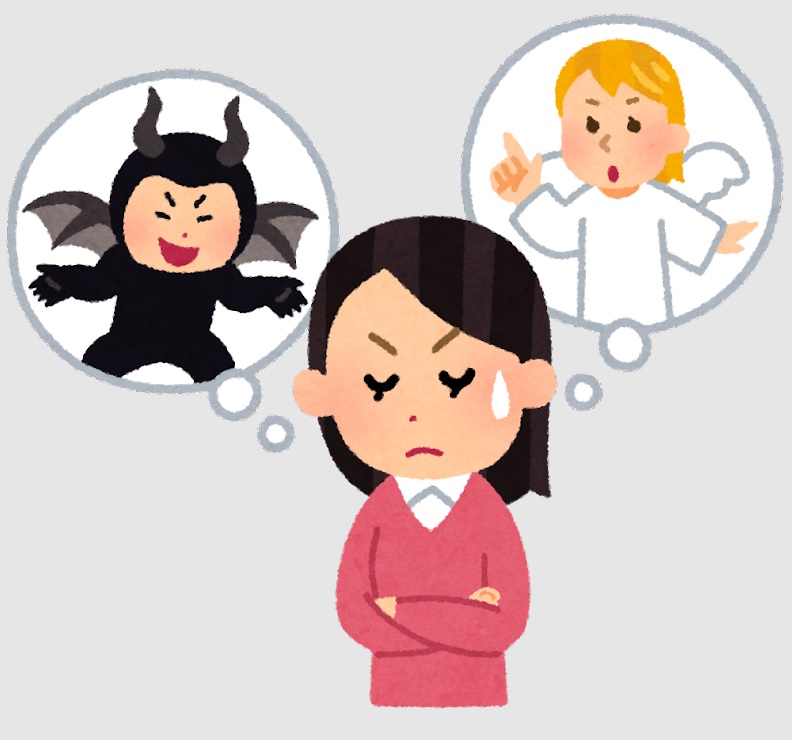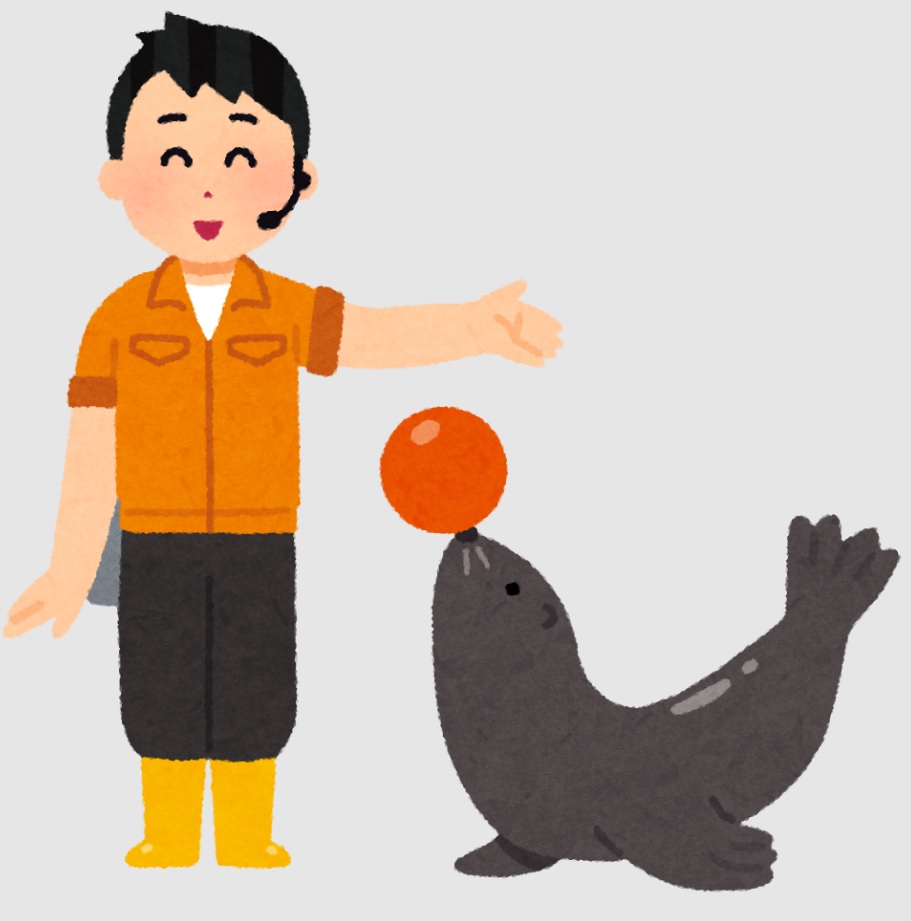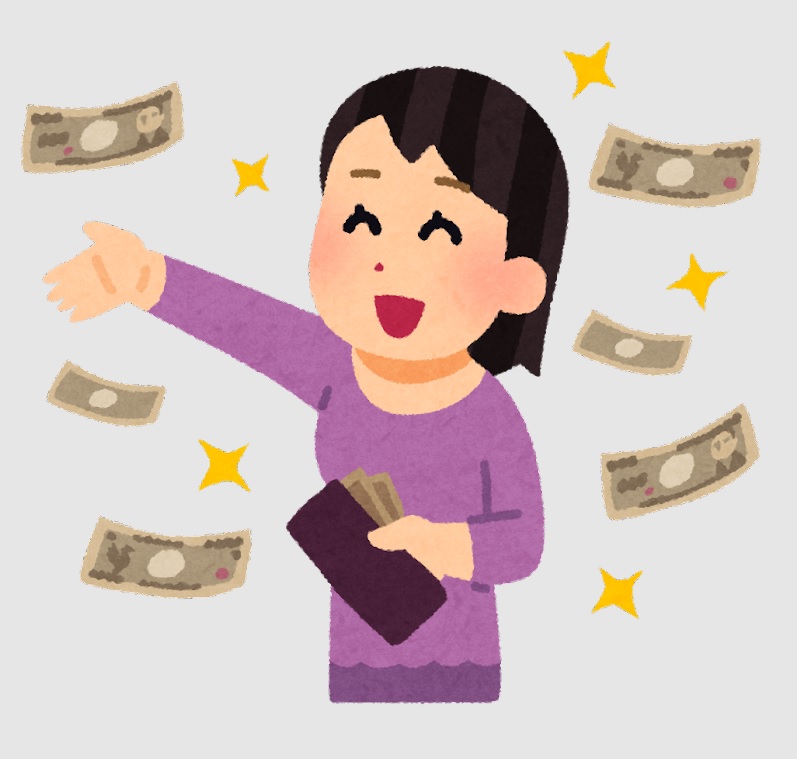「悪い節税・賢い節税|税金を味方に!成功する経営の秘訣」
〜前回のつづき〜
●税金を理解して、人生をシンプルに!~ルールを学び、控除の力で明るい未来を手に入れよう~(つづき)

(3)個人事業主が手取りを増やすには?
売上-経費-控除=課税所得なので
・経費をふやす
・控除をふやす
この2つがあります。
あとは売上を上げるという事もそうです。
会社員の人よりも頑張れば
売上が上がりやすいです。
よくある経費の勘違いというのを
お話ししたいんですけど
経費になるからお得だという言葉を聞いた事がありますか?
「経費になるから買っちゃお!」
「経費になるんでしょ?」
良く言われますが間違いです。
例)
売上100万円ありました。
経費が50万円だと課税所得は50万円ですよね?
(今回控除は引いてません)
ということは
課税所得50万円に対して
税金が掛かるんですよね?
だから50万円は
税金が掛かるのが嫌だなぁと
みんな思う。
「だから使っちゃえ!」
・車
・時計
・飲み代
などに使う。
50万円の経費を使えば
課税所得が0になると
税金も0になりますよね?
めでたしめでたし。
・
・
・
・
・
・

そんな事無いんですよ。
これはあまり意味がないです。
いい節税と悪い節税があるので
これを比べてみましょう。
いい節税というのは
本当に必要なものを買った場合です。
・未来への投資
→本当に必要なパソコン
効率化をはかる機械
必要な広告を打つ
従業員に還元する
これらで経費が増えて
所得が0になったんだったら
未来に返ってきますよね?

Amazonなんかは
そういう考え方で
利益を基本的に出さないんですよね。
Amazonはご存知でしょうし
使ってる方も多い。
Amazonというのは
今年出た利益を全部
未来への投資へ使っていくんですよね。
だから税金も非常に安い。
これはいい節税です。
でも中小企業によくある悪い節税は
不要なものを買った場合
税金は減ります。
確かに売上100万円で
経費が100万円だと
確かに所得は0になります。
でも未来には返ってこないですよね?

ただの無駄遣いです。
それなら売上が100万円
経費が本当に必要な分20万円
所得が80万円になった。
確かに残った利益に対しては
税金が掛かります。
でも税金を払っても
ちゃんと現金が残るじゃないですか。
無駄遣いをするんだったら
ちゃんと現金が残った方がいい。
ただの無駄遣いをしてるだけなんです。
経費になるからと言って買ってるけど
実は中身を見たら
ただの無駄遣いだという事がある。
別に税金を払ったとしても
ちゃんと現金が残る方が
いいじゃないですか。
税金払いたくないからといって
ただ不要な物を買って
お金を使っちゃうというのは
不要な物=価値の無い物を買って
無駄遣いしてしまうというのは
税金は減ったかもしれないけど
無駄遣い=浪費してますよね?
全く意味がありません。
〜〜〜つづく〜〜〜
Special Thanks college president Ryo.
●おまけ
≪≪Chat-GPTくんによる要約→perplexityちゃんによる文章まとめ≫≫
税金を理解し、個人事業主として手取りを増やすためには、経費を増やすことと控除を活用することが重要です。しかし、経費を「経費になるから」と無計画に使うのは危険です。例えば、売上が100万円で経費が50万円の場合、課税所得は50万円となり、税金がかかります。経費を増やして所得を0にすることが一見得策に思えますが、不要なものを購入するだけでは無駄遣いです。
良い節税は、本当に必要なものへの投資です。たとえば、効率化のための機械や必要な広告などです。これに対し、悪い節税は不要なものを買うことであり、将来的には何の利益にもつながりません。結果として現金が残らず、ただの無駄遣いになってしまいます。
したがって、経営者としてはコスト意識を持ち、会社の利益と成長に寄与する支出を心掛けることが大切です。税法を正しく理解し、適切な経理処理を行うことで、明るい未来を築くことができます。
Citations:
[1] https://kurotax.jp/bookkeeping/20220509
[2] https://www.cloudsolution.co.jp/blog/cost/expenses-can-dropped/
[3] https://jacof.co.jp/consulblog/entertainment-fee-240518_nt.html
[4] https://www.wantedly.com/companies/plaid/post_articles/131485
[5] https://labol.co.jp/columns/money/what-expense-drop/
[6] http://www.ibee-tax.com/15410393250211
[7] https://www.youtube.com/watch?v=oA-rARPD23M
[8] http://www.ce-partner.jp/news/?p=1730
≪≪Chat-GPTくんによる英訳≫≫
~Continuing from the last part~
【Understanding Taxes to Simplify Your Life! Learn the Rules and Use Deductions to Secure a Bright Future! (Continued)】
(3) How can self-employed individuals increase their take-home pay?
Since taxable income is calculated as sales – expenses – deductions:
・Increase expenses
・Increase deductions
These are the two main ways.
Additionally, increasing sales is another way to do so.
If you work harder than a salaried employee, it’s easier to increase your sales.
Now, I’d like to talk about a common misunderstanding regarding expenses.
Have you ever heard people say, “It’s a good deal because it’s deductible”?
・“I’ll buy it because it’s deductible!”
・“It’s deductible, right?”
This is commonly said but is incorrect.
For example:
You have sales of 1 million yen. If your expenses are 500,000 yen, your taxable income would be 500,000 yen, right? (We’re not including deductions here.)
This means you would pay taxes on that 500,000 yen.
So, people think, “I don’t want to pay taxes on that 500,000 yen.”
And they go, “Let’s just spend it!”
On things like:
・Cars
・Watches
・Drinks
If you spend 500,000 yen as expenses, your taxable income becomes zero, and the tax also becomes zero, right?
And everyone lives happily ever after.
…
Not really.
This actually doesn’t make much sense.
There are good tax-saving strategies and bad ones. Let’s compare them.
A good tax-saving strategy is when you purchase something truly necessary.
・Investments for the future:
・A truly necessary computer
・Machines to improve efficiency
・Advertising that’s actually needed
・Rewarding employees
If your expenses increase and your taxable income becomes zero from these, the benefit comes back to you in the future, right?
Amazon is a great example of this way of thinking. I’m sure you’re familiar with Amazon and many of you use it.
Amazon takes all its profits from the current year and invests them in the future.
As a result, their taxes are very low.
This is a good tax-saving strategy.
However, what we often see in small businesses is bad tax-saving strategies. This happens when they buy things they don’t need. Yes, taxes will go down.
If you have sales of 1 million yen and expenses of 1 million yen, your taxable income will indeed be zero.
But none of it comes back to you in the future.
It’s just wasteful spending.
Instead, imagine you have 1 million yen in sales, 200,000 yen in truly necessary expenses, and 800,000 yen in income.
Sure, you’ll have to pay taxes on the remaining profit.
But even after paying taxes, you’ll still have cash left, right?
It’s better to have cash left over than to waste it.
If you’re just spending money unnecessarily, then you’re really only wasting it.
People may buy things thinking, “It’s deductible,” but when you look closely, it’s just wasteful spending.
Wouldn’t it be better to pay taxes and still have cash left?
If you’re only spending money on things you don’t need just to avoid taxes, you’re wasting money on things that have no value.
Yes, your taxes might go down, but you’re still wasting money, right?
It’s completely meaningless.
Special Thanks OpenAI and Perplexity AI, Inc


